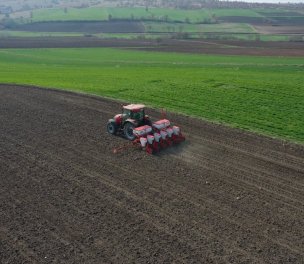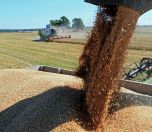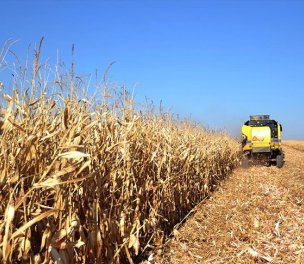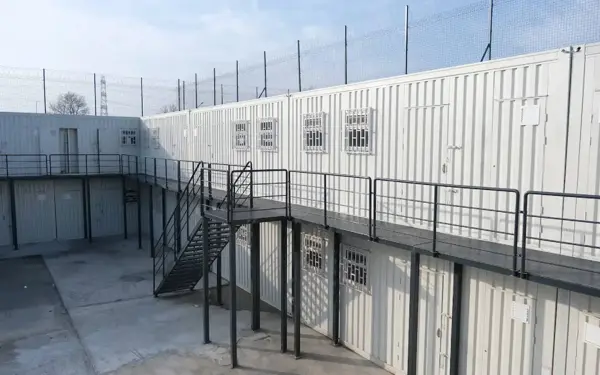Click to read the article in Turkish
We are not a self-sufficient country in wheat. Our policy is towards imports. Farmers are not supported; the unsupported farmers do not cultivate wheat.
As long as we can't solve the production problem in terms of quantity and continuity, buying wheat from abroad will both cost more and increase prices.
Because, with the crisis in the world, prices continue to break records in an environment where Turkey is in search of a new market for wheat.
This is how Baki Remzi Suiçmez, the chair of the Board of Directors of the TMMOB/UCTEA Chamber of Agricultural Engineers, explains the wheat problem.
First, Russia's invasion of Ukraine, and then Egypt and India's bans on wheat exports and China stockpiling wheat has dragged the world into a wheat crisis, he said, adding that wheat prices are increasing day by day.
"Turkey is not self-sufficient"
It will be difficult for Turkey to produce 20 million tons of wheat this year, Suiçmez said, noting that the country's annual need is 30 million tons. The Turkish Grain Board (TMO) will cover the gap with imports again.
"While there is a relative improvement compared to last year due to precipitation, and the yield has somewhat returned to normal, the drought in the East and Southeast [of Turkey] continues. Also, there are the losses caused by the frosts and hail.
"Therefore, it will be difficult for Turkey to reach 20 million tons, which it targets. Nearly 10 million tons of difference between the produced and the need will have to be met from abroad.
"The problem here is that if you can't meet your needs from Russia and Ukraine because of the war, you have to buy from countries with stocks, from India, China, Egypt or Argentina. But there are problems with these countries.
"India imposed an export ban when its production decreased due to the temperature. Egypt also put an export ban. China is stockpiling wheat from all over the world. Hence, the price of wheat is breaking records in the world.
"It went up to 458 dollars a ton the other day. That means we will meet our supply deficit at a higher price."
"Turkey is a net importer country"
Recalling Minister of Agriculture and Forestry Vahit Kiriişçi's remarks that "Turkey is a net exporter country in the agriculture and food sector," Suiçmez said this is not a correct statement.
"In the flour sector, we made 2.67 billion dollars' worth of imports against 1.14 billion dollars' worth of exports. The sector, which imports more than twice its exports, is a net importer," he said.
Wheat imports are currently on the agenda of the TMO, he said, adding, "If we are self-sufficient, why is there a tender for the purchase of 184,000 tons of wheat during the harvest season?"
Turkey's becoming a self-sufficient country is not something that can happen in a year, according to Suiçmez.
"It is a fact that production areas have decreased and the wheat producers have withdrawn from production. About 20 years ago, when Turkey's population was 70 million, our annual wheat production was around 20 million tons. Now, the country's population is 85 million, and the production is the same.
"We need to plan according to population growth and switch to policies to produce more than necessary wheat, and sell it abroad if necessary.
"For this, the state should guarantee the purchase of wheat production at an above-cost price, and incentives should be paid for the producers to continue production in the next year."
Import costs
After the TMO's last tender, wheat was imported at 6,300 lira per ton, whereas it was purchased from the local producers for 2,250 lira per ton, said Suiçmez.
And the TMO sold the imported wheat to the flour industry for 3,500 lira per ton, he added.
"Low purchase price for our own producer, high price for foreign countries... Then, a discounted, subsidized price for the industrialists to keep bread prices from increasing while not supporting our own production." (HA/VK)





.jpg)









